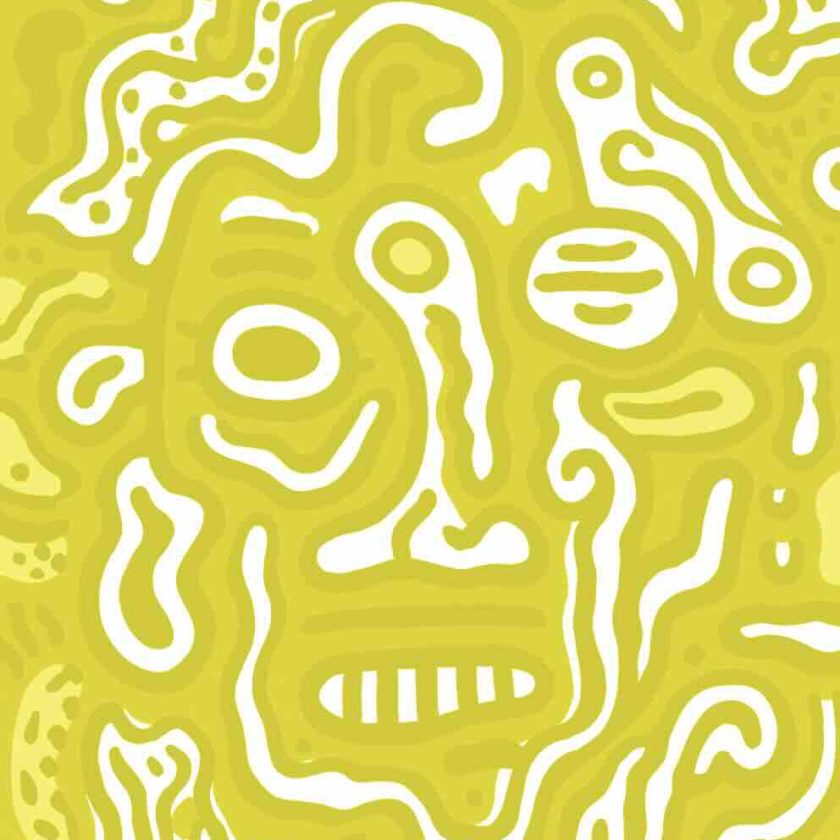Some representatives of the world of personal development put forward the idea of getting rid of all identity. The reason given is that identity is a hindrance in the quest for truth. The representation we have of ourselves acts as a filter that does not allow the truth to come through. This idea is far from being new, it finds its source in Buddhism or Hinduism through the concept of “maya”, “illusion” in Sanskrit. The illusion that we cultivate through an erroneous knowledge of the world acts as a cloud of opacity between truth and self.
Knowing this for several thousand years (Hinduism is more than 4000 years old), how then can we see that humanity still clings to the idea of identity?
First of all, the quest for truth is not a goal shared by most people. To live is often to seek happiness and it is more comfortable to live happily in ignorance of certain truths than to face them. This also explains the appeal of religion, which in some cases idealizes a world unknown to all.
Identity is useful because it creates a bond and social cohesion. Identity allows us to integrate a ready-made narrative, whether it is individualistic, familial, communitarian, national or even humanistic (which advocates the specificity and solidarity of the human species).
Identity helps us find meaning when it is difficult to find it on our own. It supports us in times of difficulty for example, it is what we can hold on to. Knowing that you have a mission or simply seeing yourself in a flattering, albeit biased, light can be good for building confidence. However, basing trust on lies can shatter it at any time.
Often, identity is a direct result of our habits, which in itself seems healthy if the habit is healthy. If someone runs every day for months, he will naturally develop the identity of being a runner, let alone a sportsman. If he refrains from running one day, this lack of action will directly conflict with his self-image of being an athlete. Unless he develops cognitive dissonance, he will be driven to go running if he wants to maintain his self-image.
Not everyone aspires to a philosophical, religious or mystical life. Reducing our identities is desirable when they are harmful to us. We must know how to separate the wheat from the chaff, in other words, keep the identities that elevate us and get rid of those that we consider harmful.










